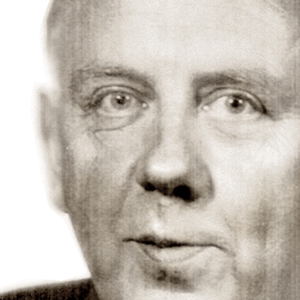Scène à faire (French for ‘scene to be made’ or ‘scene that must be done’) is a scene in a book or film which is almost obligatory for a genre of its type. In the U.S. it also refers to a principle in copyright law in which certain elements of a creative work are held to be not protected when they are mandated by or customary to the genre.
For example, a spy novel is expected to contain elements such as numbered Swiss bank accounts, a femme fatale, and various spy gadgets hidden in wristwatches, belts, shoes, and other personal effects. These elements are not protected by copyright, though specific sequences and compositions of them can be.
read more »
Scènes à Faire
Fair Use
Fair use is a limitation and exception to the exclusive right granted by copyright law to the author of a creative work. Examples of fair use include commentary, search engines, criticism, news reporting, research, teaching, library archiving, and scholarship.
It provides for the legal, unlicensed citation or incorporation of copyrighted material in another author’s work under a four-factor balancing test (Purpose and character; Nature of the copied work; Amount and substantiality; and Effect upon work’s value). Along with Public Domain, Fair use is one of the ‘Traditional Safety Valves’ (techniques that balance the public’s interest in open access with the property interest of copyright owners)
read more »
Teleology
Teleology [tel-ee-ol-uh-jee] is a philosophical idea that things have goals or causes. It is the ‘view that developments are due to the purpose or design which is served by them.’ An example would be Aristotle’s view of nature, later adopted by the Catholic Church. The word ‘teleological’ comes from the Ancient Greek ‘telos,’ which means ‘end’ or ‘purpose.’ A simpler example would be a tool such as the clock, which is designed by man to tell the time. Whether or not an entity (man or god) is needed to cause teleology to happen is one of the most important questions.
All cultures we know of have creation stories in their religions. However, much of science operates on the principle that the natural world is self-organizing. This applies particularly to astronomy and biology, which were once explained as the action of a deity, and are now seen as natural and automatically self-organizing. Cybernetics is the basic science of self-organizing systems. The general issue of whether the original sense of teleology applies to the natural world is still a matter of controversy between religion and science.
read more »





